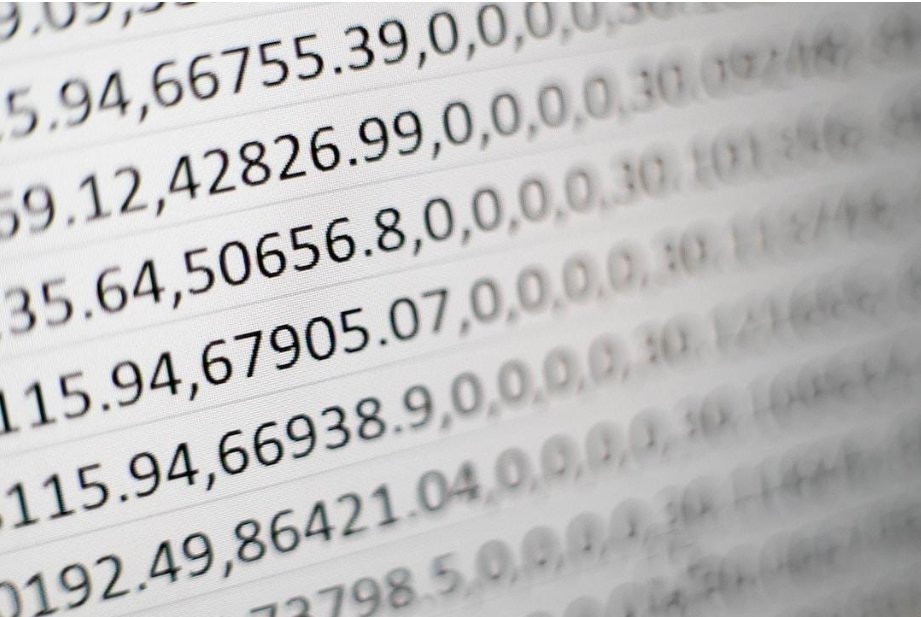As the world continues to be defined by increasingly complex data, the demand to interpret and apply that data in a user-friendly and understandable manner only grows. For professionals in various industries, explaining convoluted datasets and intricate trends can often be an uphill battle. This is where the power of data visualization enters the scene. By offering a clear, visual representation of raw data, it enables anyone to grasp and digest complex information instantly. In this article, we will guide you through the evolving landscape of data visualization, its significance, and how various types of charts enhance our understanding within this realm.
Understanding The Data Deluge

In the information age, where data is produced and consumed en masse, understanding and interpreting the data has become a daunting task. The human brain is not equipped to comprehend the sea of numbers in the form of raw data. It yearns for meaningful context and correlation, something that data visualization techniques offer.
Entities across the globe, including businesses, governments, and research institutes, are now committed to making sense of data to enhance their decision-making and prediction capabilities. With the rise in data-driven organizations, the demand to convert data into comprehensible information is not a luxury but a necessity. It is a key asset that will shape the future of these entities.
Data Visualization Tools and Techniques
Alt Text: An image shows a funnel chart
The realm of data visualization abounds with an array of tools and techniques. These tools provide the necessary backing for analysts to represent their data visually and for the audience to understand it better. Simple tools include spreadsheets and other similar software that let you graphically represent data in various forms, such as funnel charts, pie charts, line graphs, and bar graphs, among others.
Business Intelligence (BI) tools represent the more complex side of the spectrum. These tools offer the capability to design comprehensive dashboards and interactive visualizations and allow for embedding AI capabilities within the visual representation. These attributes deliver the data in an accessible and effective format, allowing stakeholders to interact with data and unearth insights that would otherwise remain hidden.
Techniques, on the other hand, define the process of representing the data. From identifying important variables and deciding on a visualization type to finally presenting the information, there are several integral parts of a visualization process.
Impact on Decision-Making
Visualization plays a vital role in data-driven decision-making. Unlike raw data, visual data is easy to interpret and understand, making it the preferable format for decision-makers. Good data visualization simplifies complex data sets, revealing areas that need attention or improvement.
Moreover, visual data helps to identify trends, patterns, and correlations that would go unrecognized in text-based data. Teams can identify which areas require improvement, understand what factors influence customer behavior, visualize relations between operational and business activities, and predict sales volumes, among other benefits.
Beyond that, data visualization promotes the efficient and effective communication of information. By presenting data in an easy-to-understand format, individuals from different departments can make decisions based on data. Visualizations encourage a data-driven culture within the organization.
Data Visualization and Big Data Analytics
Big data analytics involves the examination of large and varied data sets to uncover patterns, correlations, and other insights. Given the volume, variety, and velocity of big data, visualization stands as the quintessential tool for its effective understanding.
Advanced visualization techniques allow analysts to navigate through the complexities of big data. They enable the identification of patterns that could have easily been lost in the ocean of information. The strategic application of big data, in combination with the right visualization tools, can open a new horizon for organizations to grow.
Here, novel visualizations such as funnel charts can prove instrumental in delineating the journey of a process, be it customer conversion or sales pipeline, thereby demonstrating the drop-off at different stages and revealing potential areas of improvement.
Altogether, this journey through the realm of data visualization shows it’s not only an impressive visual tool but a potent, game-changing resource in the digital age. Overall, data visualization is a substantial asset in a world that is increasingly defined by data. With the right application, anyone can unlock its full potential and transform the way usual narratives are understood and interpreted.
